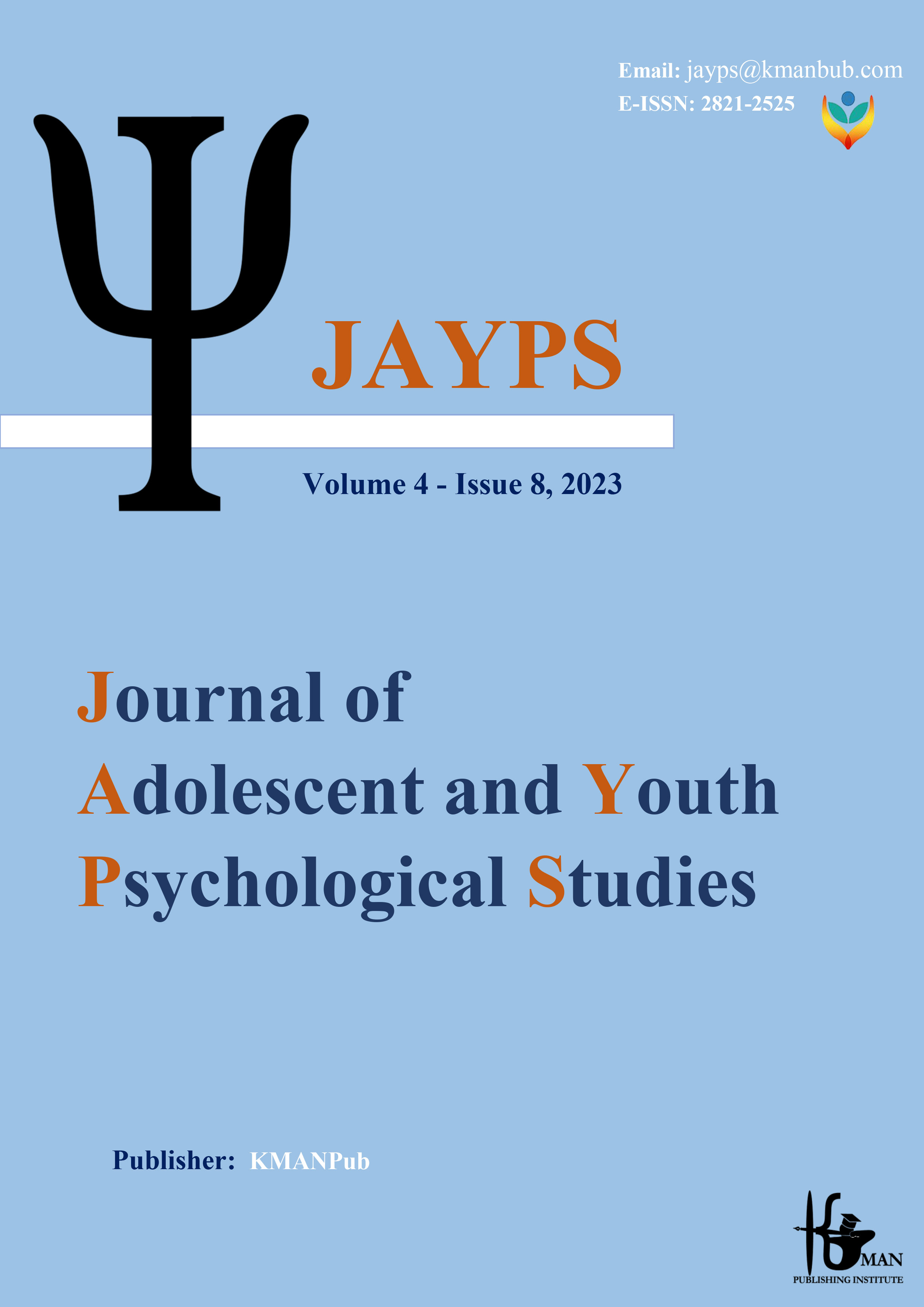Comparison of the effectiveness of conjoint behavioral counseling model and the application of parent-child relationship-based on games on the sleep quality of students with attention deficit/hyperactivity disorder
Keywords:
conjoint behavioral counseling model, parent-child relationship training based on games, sleep quality, attention deficit/hyperactivity disorder.Abstract
Background and Aim: Sleep problems in children with attention deficit/hyperactivity disorder are a significant challenge for parents and teachers. The purpose of this study was to compare the effectiveness of parent training based on the Conjoint Behavioral Counselling (CBC) model and the application of parent-child relationship training based on games (CPRT) on the sleep quality in students with attention deficit/hyperactivity disorder. Methods: The research method was a semi-experimental type with a pre-test-post-test design with a control group. For this purpose, a semi-structured interview was taken from the volunteer parents of students referred to the Roozbeh Mandegar Tehran counseling center with the aim of having physical health, not receiving treatment, not taking medication by the child, and not receiving counseling in the field of parenting from other counseling centers. In order to diagnose attention deficit/hyperactivity disorder, CSI4 children's symptoms questionnaire was used. The Pittsburgh Sleep Quality Index (PSQI) questionnaire was also administered. Among those whose children had attention deficit/hyperactivity disorder and also had poor sleep quality, 45 people were selected to participate in the research and were randomly divided into groups of 15 people as two experimental groups and one control group. The experimental groups were trained every week for 1 hour for 10 weeks, while the control group did not receive any training. For data analysis, statistical test of mixed analysis of variance and SPSS-23 software were used. Results: The results showed that the quality of sleep has increased in both groups, but there was a significant difference in the comparison of the effectiveness of the two groups (p<0.05) and the CBC pattern was more effective, and in the four-month follow-up, it was found that CPRT is more durable. Conclusion: The findings of this research showed that both methods can be used to increase the sleep quality of students with ADHD.
Downloads
Downloads
Published
Submitted
Revised
Accepted
Issue
Section
License

This work is licensed under a Creative Commons Attribution-NonCommercial 4.0 International License.









